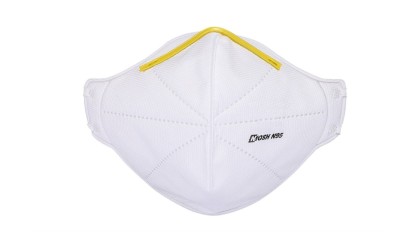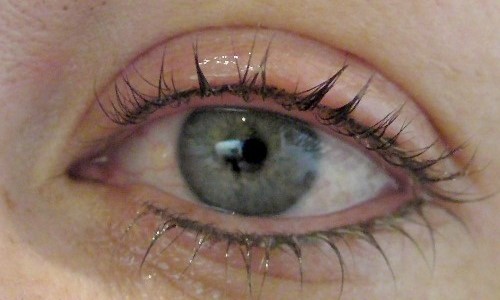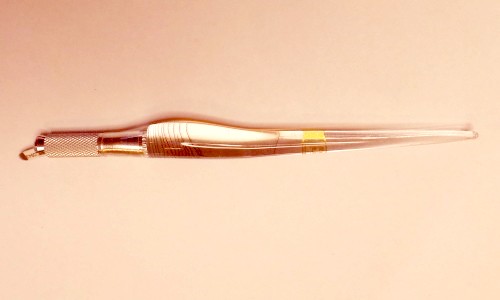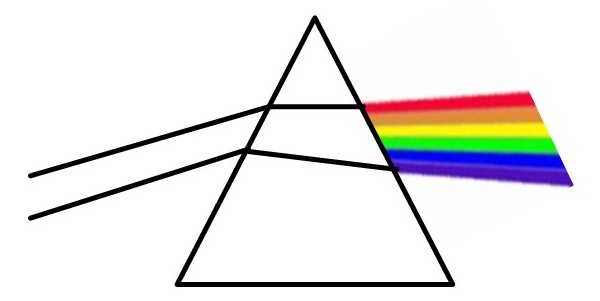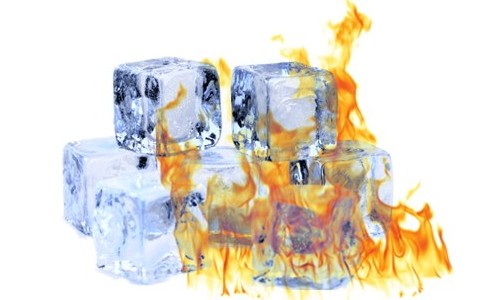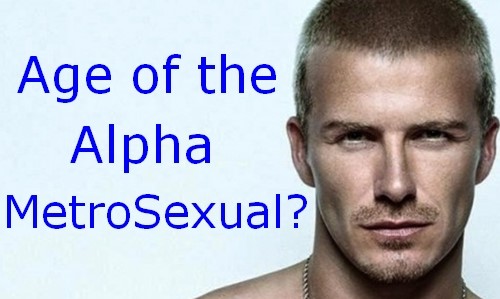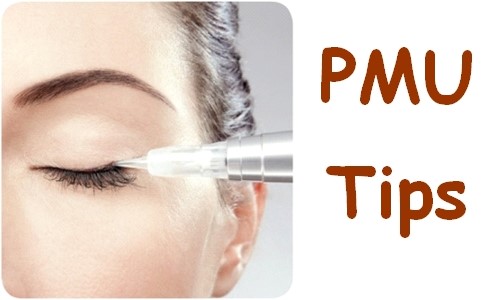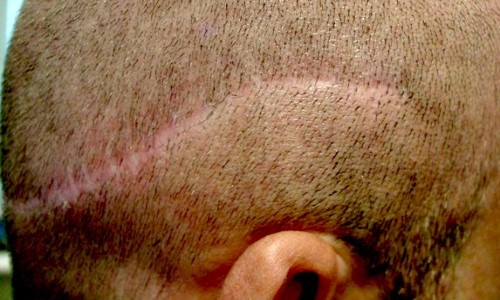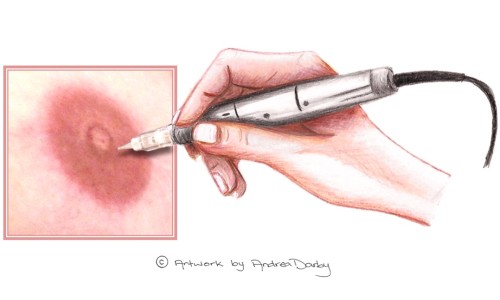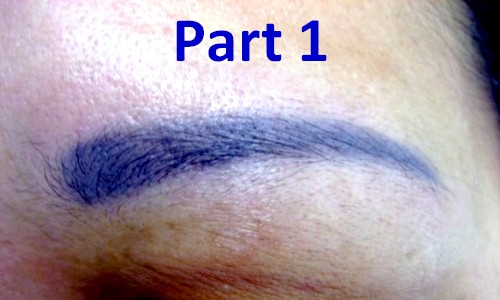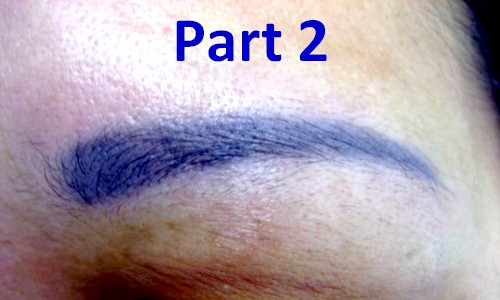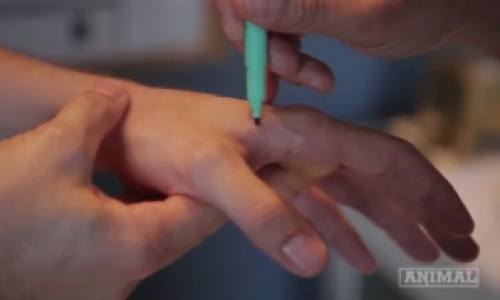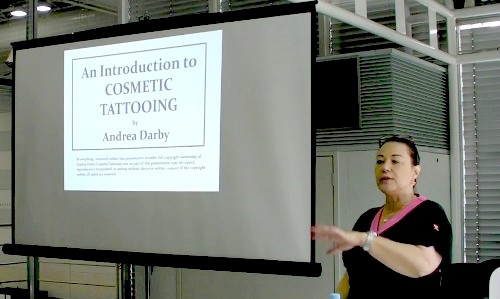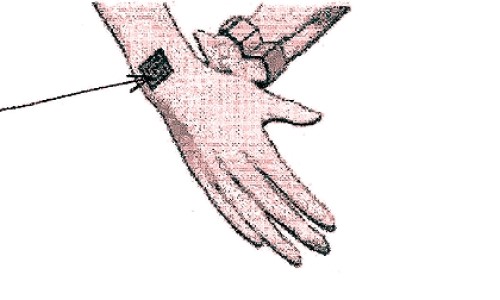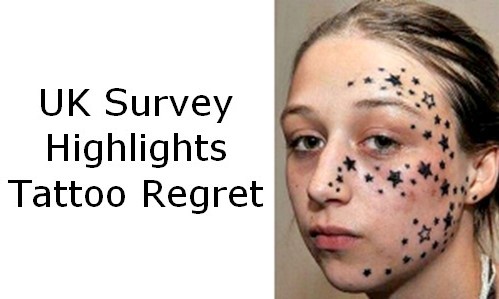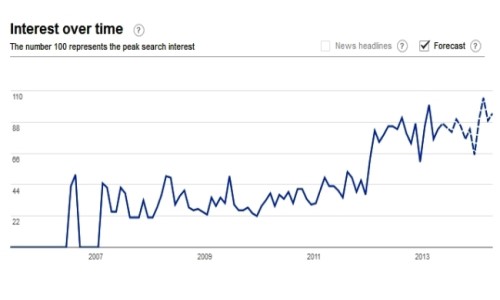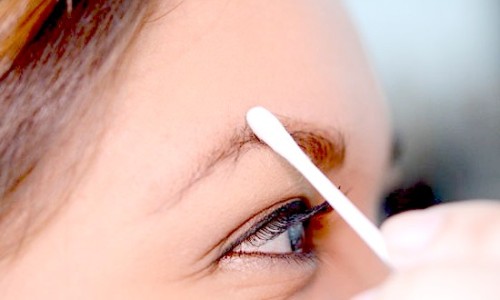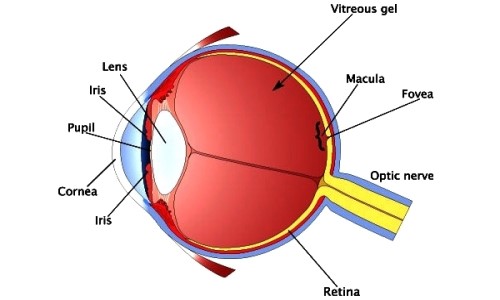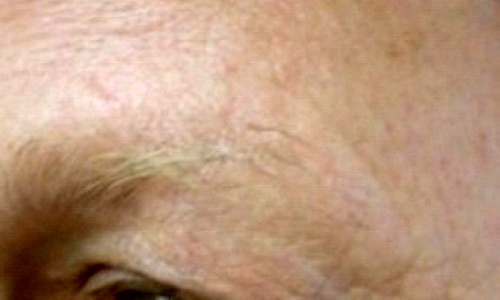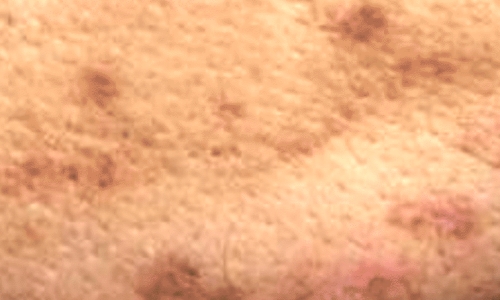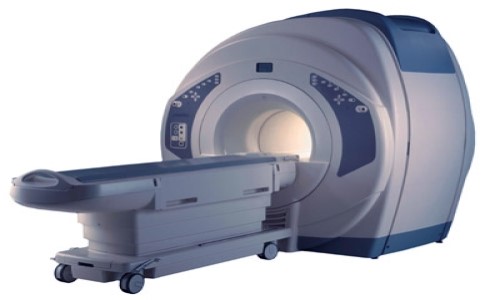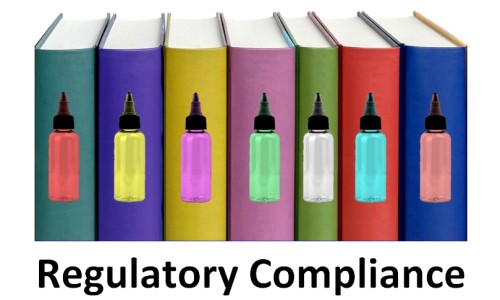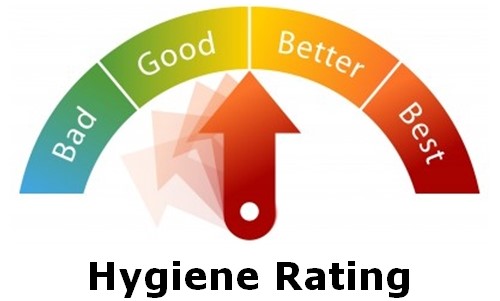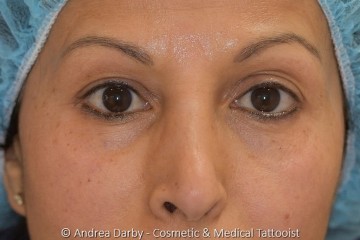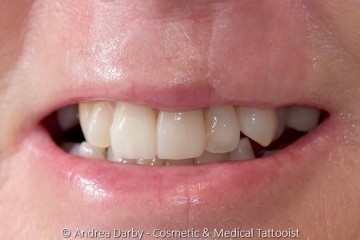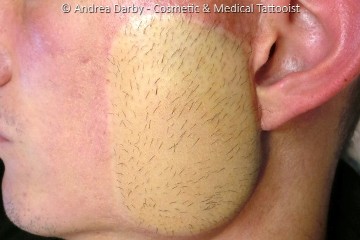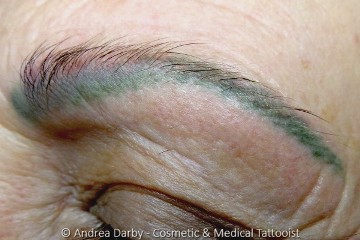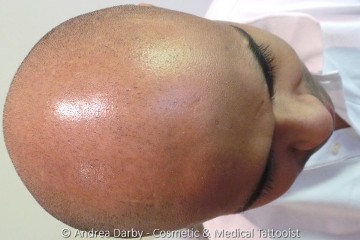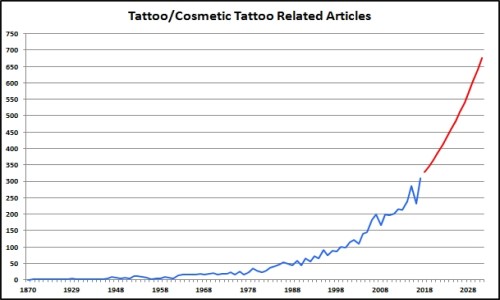Cart is empty
Cosmetic Tattoo Training Standards
01/05/2016
by Andrea Darby - Master Medical Tattooist & Industry Educator
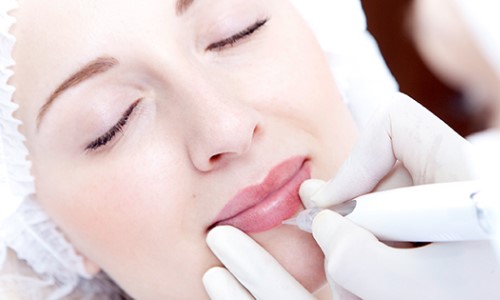
The standard of training being provided by members of the cosmetic tattoo industry is an ongoing topic of concern for both established training providers and course participants, often this is due to a failure to comply with expected educational benchmarks particularly in the area of core competency training.
▼ Continue Reading ▼
|
Overwhelmingly the major issues appear to relate to the lack of formal credentials in training and assessment on the part of the course providers and or the non compliance with regulatory requirements or anticipated educational framework. After extensive consultation and consideration we have created the following Training Standards guidelines to assist prospective students and course providers to quickly determine if their proposed course meets the minimum standard that would be expected for any vocational education provider. Course providers are encouraged to ensure that they meet minimum international benchmarks by reference to the guidelines either via external or internal auditing. Students and models are encouraged to ensure that your training provider is compliant with industry base standards by checking their promotional material and representations about course provision, naturally you should also conduct the unusual due diligence that you would prior to making any purchase or becoming involved in any training event. The intent is to assist both training providers and course participants with a straightforward quick checklist for the minimum core standards that should be expected to legitimately provide vocational education. We are unapologetic in stating that it is unreasonable to charge course participants large sums of money to provide vocational training in instances where the presenter themselves lacks training and assessment qualifications or where the course fails to meet minimum course framework standards.
Cosmetic Tattoo Training Standards Compliance Guidelines
Hopefully prospective students will find these guidelines useful in evaluating the standards of any Cosmetic Tattoo courses that they are considering undertaking.
Date of most recent revision:
08/12/2020 Copyright © 2016 CTshop.com.au & the article author All Rights Reserved. No copying, transmission or reproduction of site content is permitted without our prior written consent.
Printing Restriction: This article is print disabled, please read our Intellectual Property & Copyright Policies if you would like to request a copy or permission to use the article content for any purpose. |
Main Menu
- Eyeliner Tattooing vs Dry Eye
- MicroBlading - First Things First
- Cosmetic Tattoo Training Standards
- Carcinomas in Tattoos a Statistical Anomaly
- Lash or Brow Growth Enhancing Serums & Tattooing
- What Influences the Colour of a Cosmetic Tattoo?
- Hygiene Protocols Update : Surface Cleaning Wipes
- Preventing & Managing Disputes
- Warm vs Cool Colours
- Age of The Alpha Metrosexual
- Who Will Buy a Poorly Iced Cake?
- Australia now has a Board Certified MicroPigmentation Instructor
- Robot Tattooists?
- Postcards From Birmingham
- The SCAPP Scale - Personalising the Micropigmentation Service
- How to Choose Your PMU Artist
- Scalp MicroPigmentation - More Than Just Ugly Scars?
- Permanent Eyeliner - Avoiding Complications
- Personal Protective Equipment - Are You Covered?
- 3D Nipple Tattooing a New Service?
- Why Do Cosmetic Tattoos Change Colour? - (Part 1)
- Why Do Cosmetic Tattoos Change Colour? - (Part 2)
- Smart Tattoos Are They The Future?
- Presentation: Adding Cosmetic Tattoo to Your Salon
- Cell Phone Vibrating Tattoos
- UK Survey - One Third Regret Their Body Art Tattoo
- Collaborating & Consulting with Dr. Linda Dixon
- Stem Cell Research - Inside the Lab
- When Marketing Via News Media Goes Wrong
- Client Pre-Treatment Screening Questionnaire
- Permanent Makeup Google Search Trends
- Potential Causes of Nosocomial Type Infections in the Salon-Clinic Setting
- Topical Anaesthetics & Cosmetic Procedures
- Introduction to the Fundamentals of Colour Perception
- Clients With Unexplained Loss of Outer Eyebrow Hair
- Hyperpigmentary Skin Conditions & Cosmetic Tattooing
- Cosmetic Tattooing & MRI’s - Diametric Particle Agitation Hypothesis (DPA)
Site News Selection
Educational Article Selection
Regulatory Article Selection
Client Case Studies Selection
Science Library Selection
Complete regrowth of hair following scalp tattooing in a patient with alopecia universalis
31/01/2023
Atypical Intraepidermal Melanocytic Proliferation Masked by a Tattoo: Implications for Tattoo Artist
20/09/2018
Chemical conjunctivitis and diffuse lamellar keratitis after removal of eyelash extensions
26/08/2018
Scarless Breast Reconstruction: Indications and Techniques for Optimizing Aesthetic Outcomes
07/04/2018
High speed ink aggregates are ejected from tattoos during Q‐switched Nd:YAG laser treatments
28/03/2018
Unveiling skin macrophage dynamics explains both tattoo persistence and strenuous removal
08/03/2018
Granulomatous Tattoo reaction with Associated Uveitis successfully treated with methotrexate
08/02/2018
Identification of organic pigments in tattoo inks & permanent make-up using laser mass spectrometry
07/02/2018
Microbiological survey of commercial tattoo and permanent makeup inks available in the United States
03/02/2018





